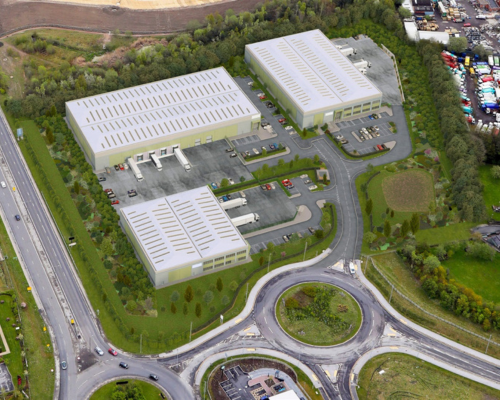Businesses in York and North Yorkshire can now apply for a share of a £600,000 grant scheme aimed at supporting international trade.
The programme, called “Get Exporting,” is part of a wider £5 million Business Innovation Fund overseen by the York and North Yorkshire Combined Authority. It’s the second export-specific scheme in the region, following a previous initiative that issued £200,000 in grants and contributed to over £15 million in global sales.
Applications are currently open. A series of in-person advisory events will take place across the region in October, including stops in Tadcaster, Harrogate, Whitby, Malton, York, Catterick and Skipton. These will be staffed by representatives from the Growth Hub and the Department for Business and Trade.
The Get Exporting fund sits alongside other streams in the Business Innovation Fund focused on startups, sector growth, and upcoming initiatives on funding access and product development.
This latest fund complements three other regional programmes launched earlier this year: £10 million for high street regeneration, £7 million for carbon reduction projects, and £2.3 million for workforce development. All are backed by mayoral challenge funding.












